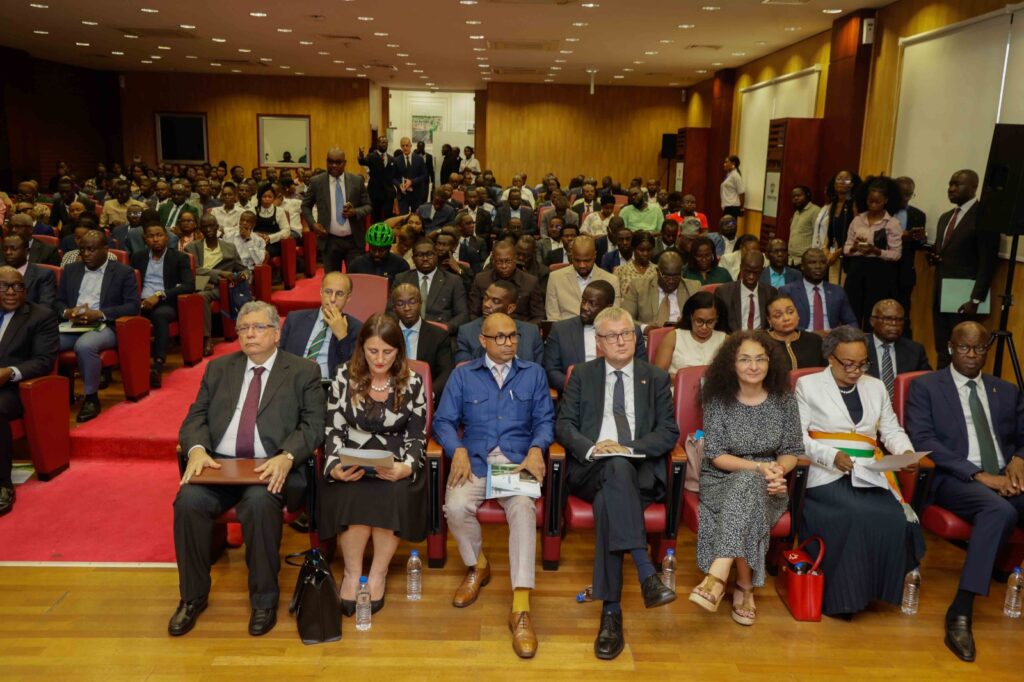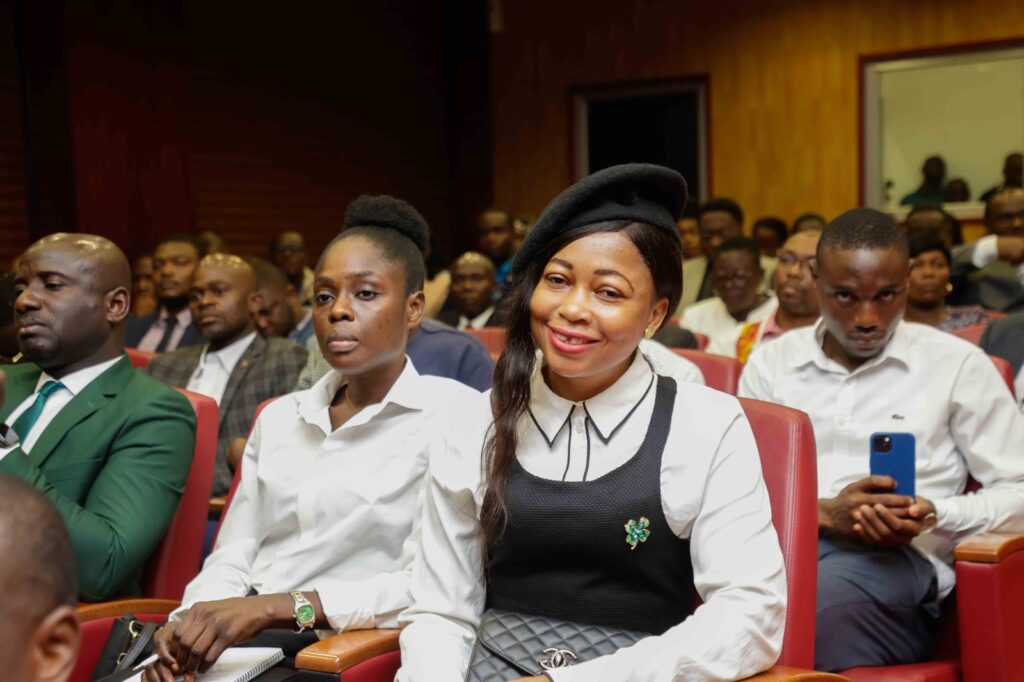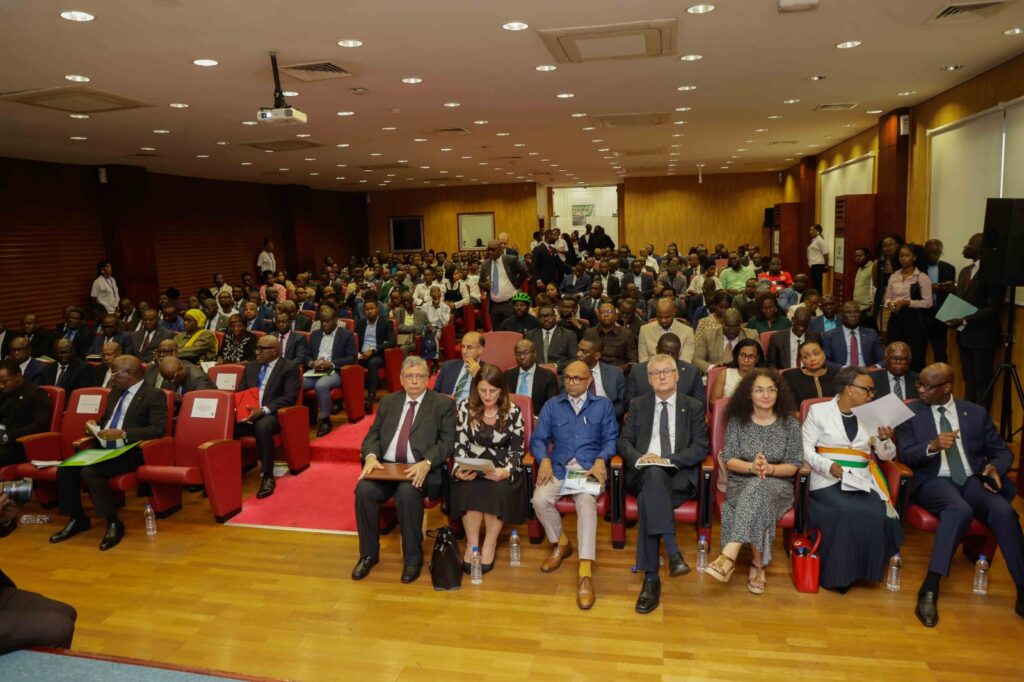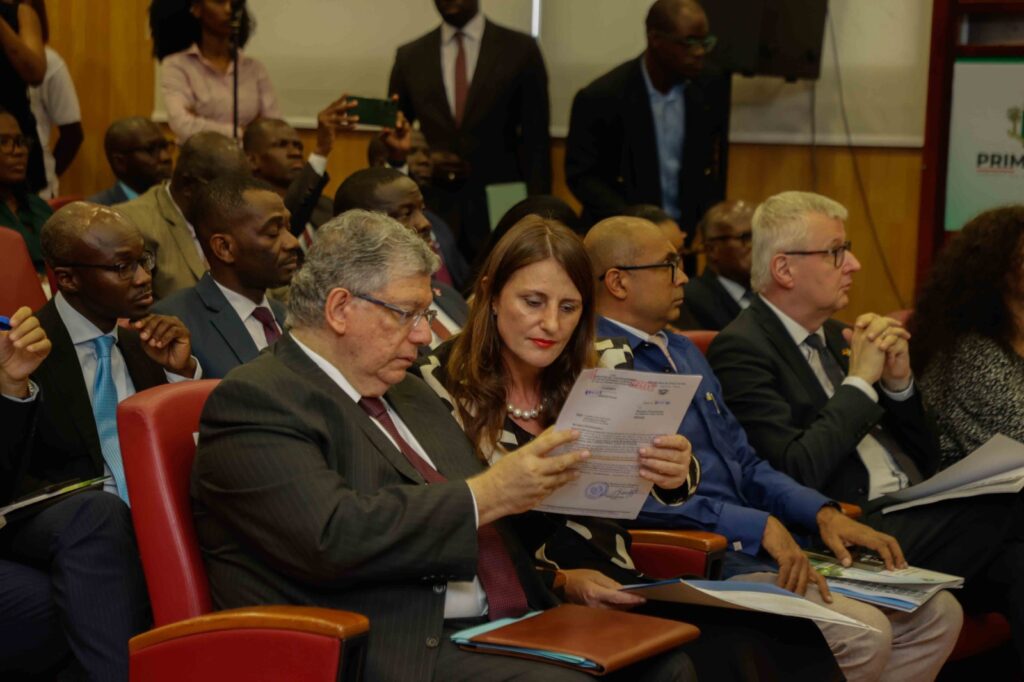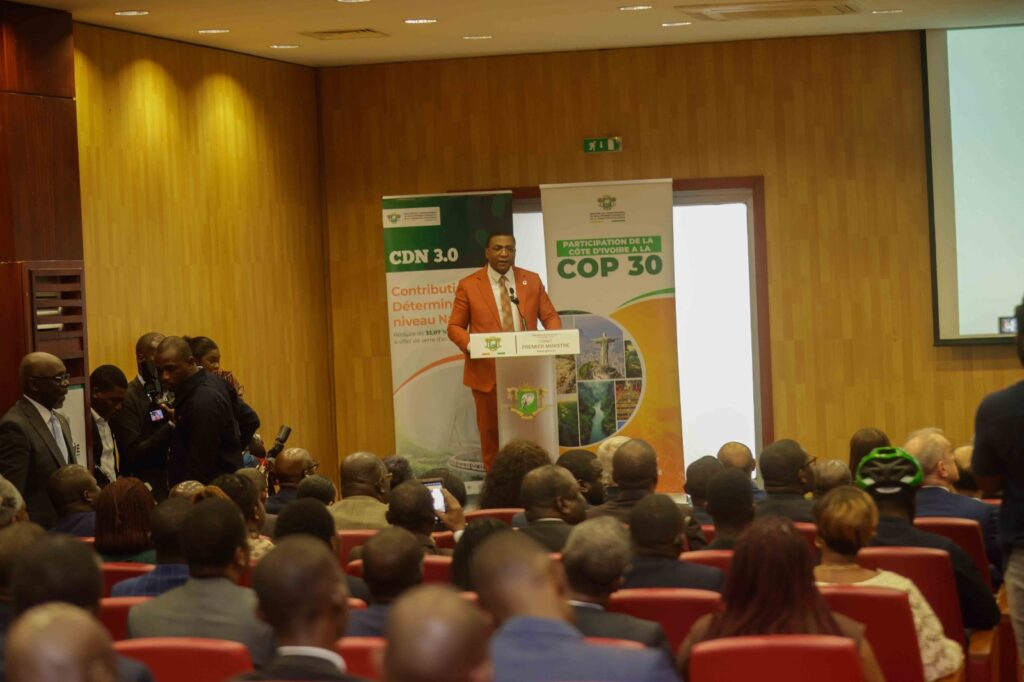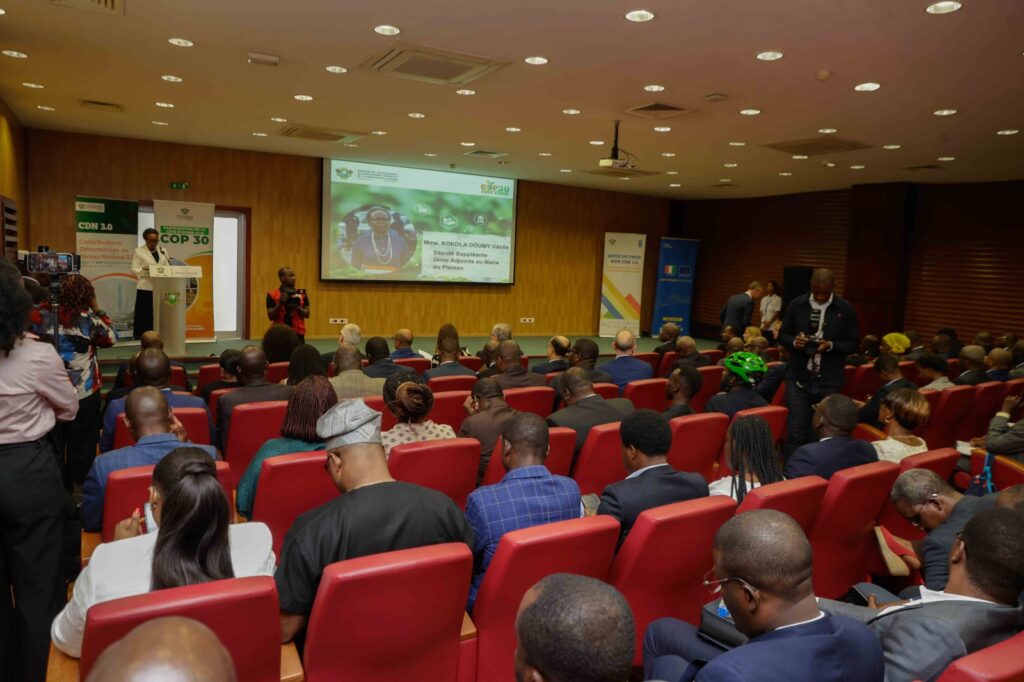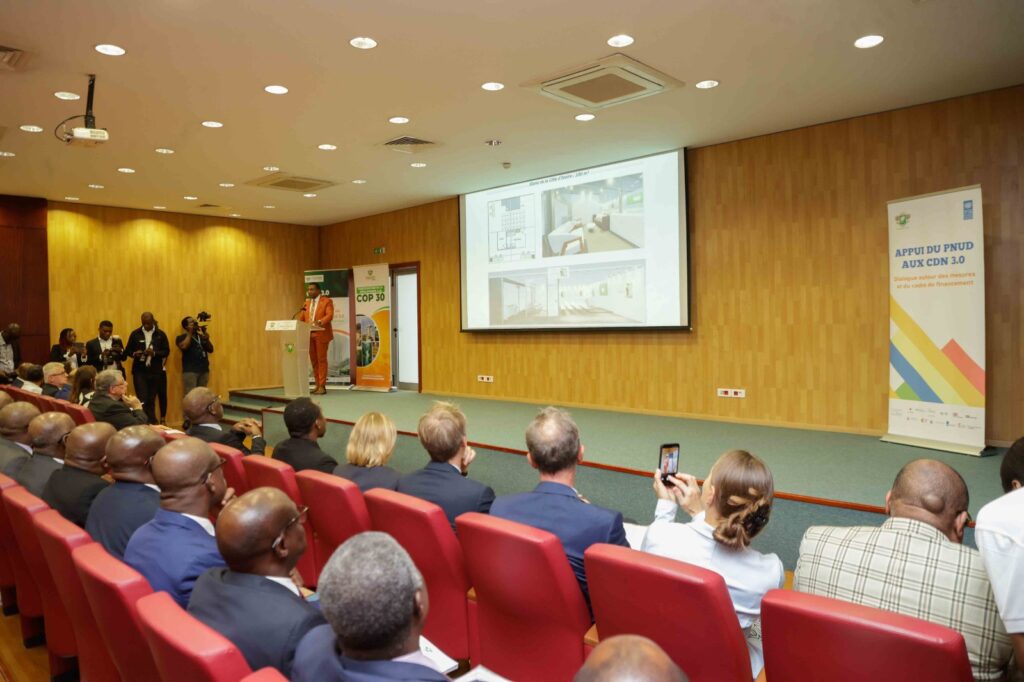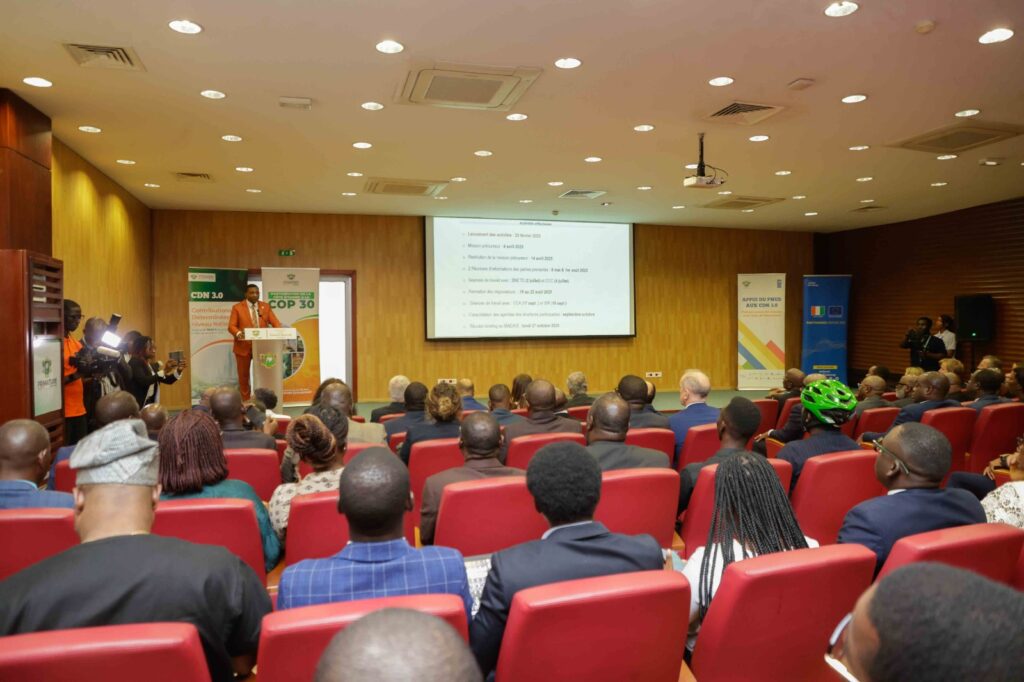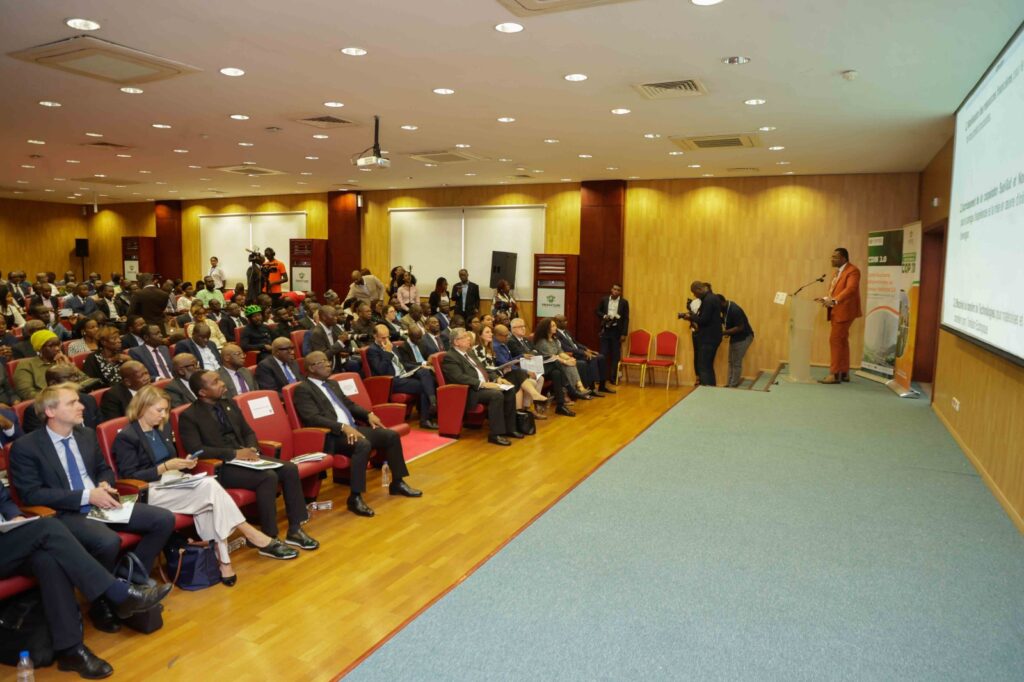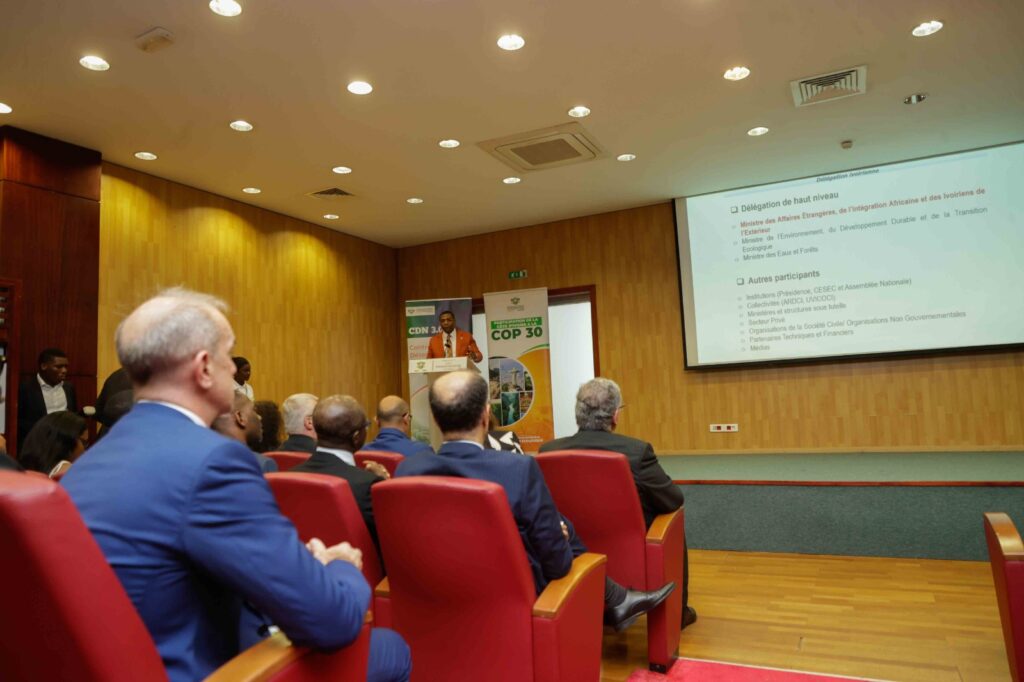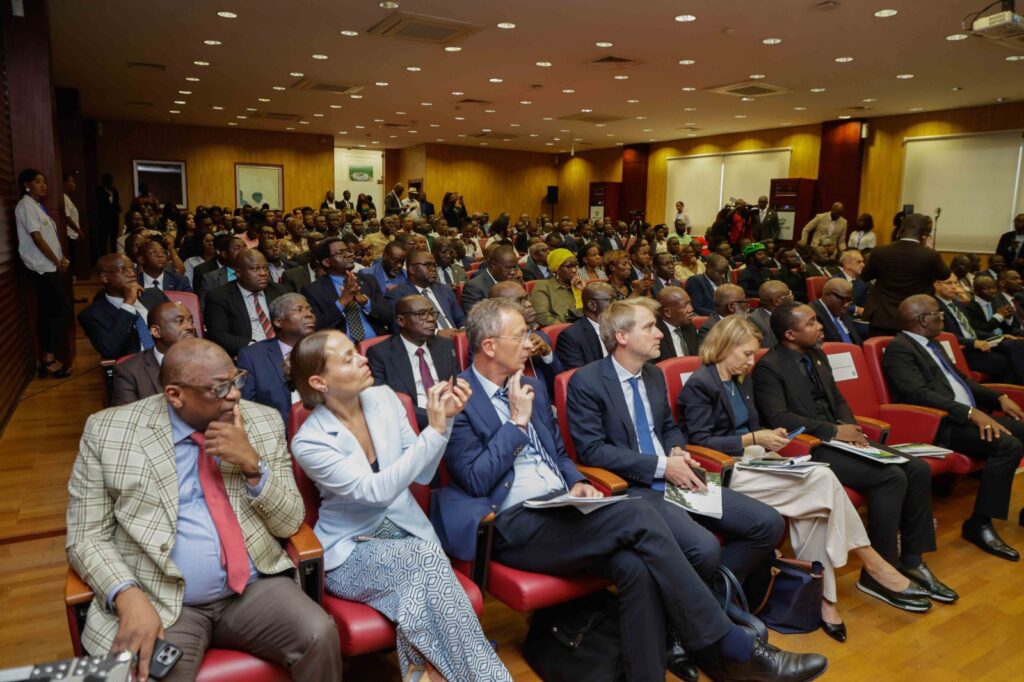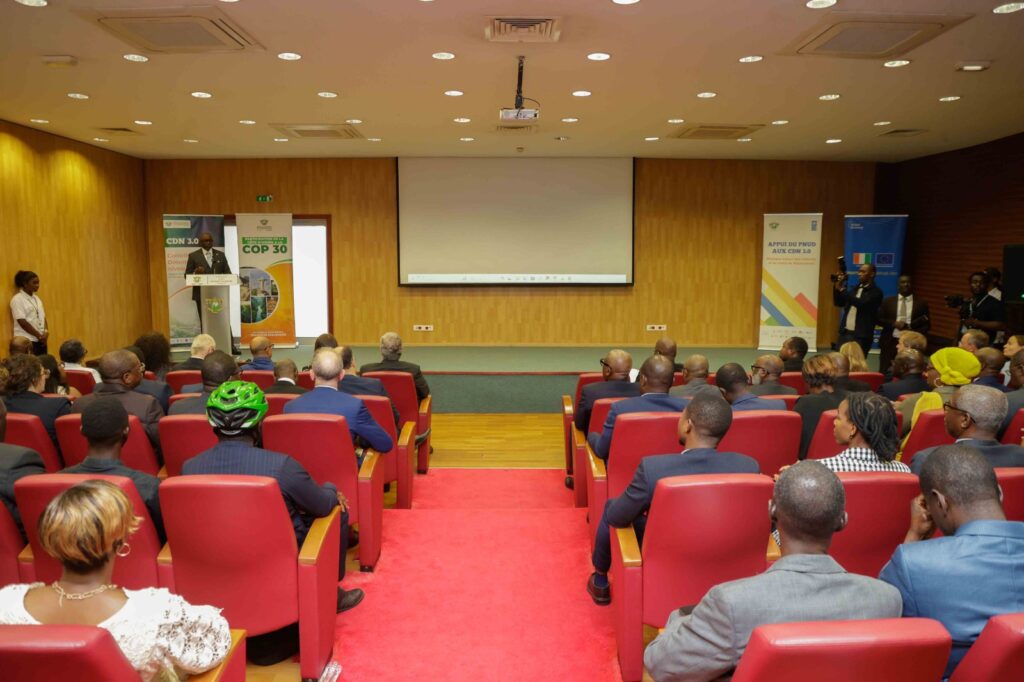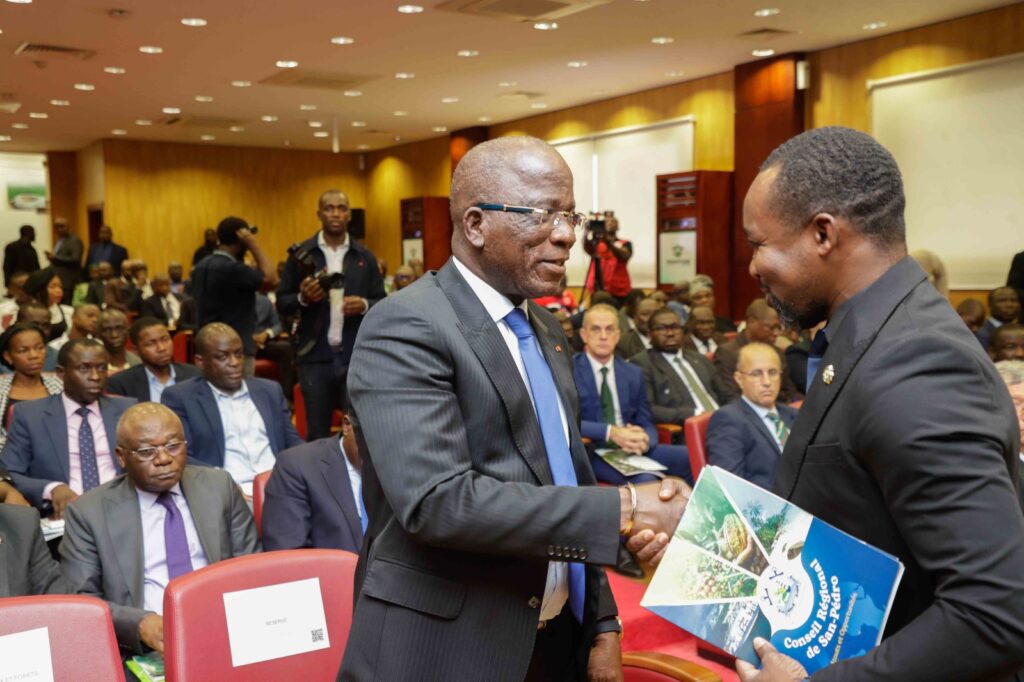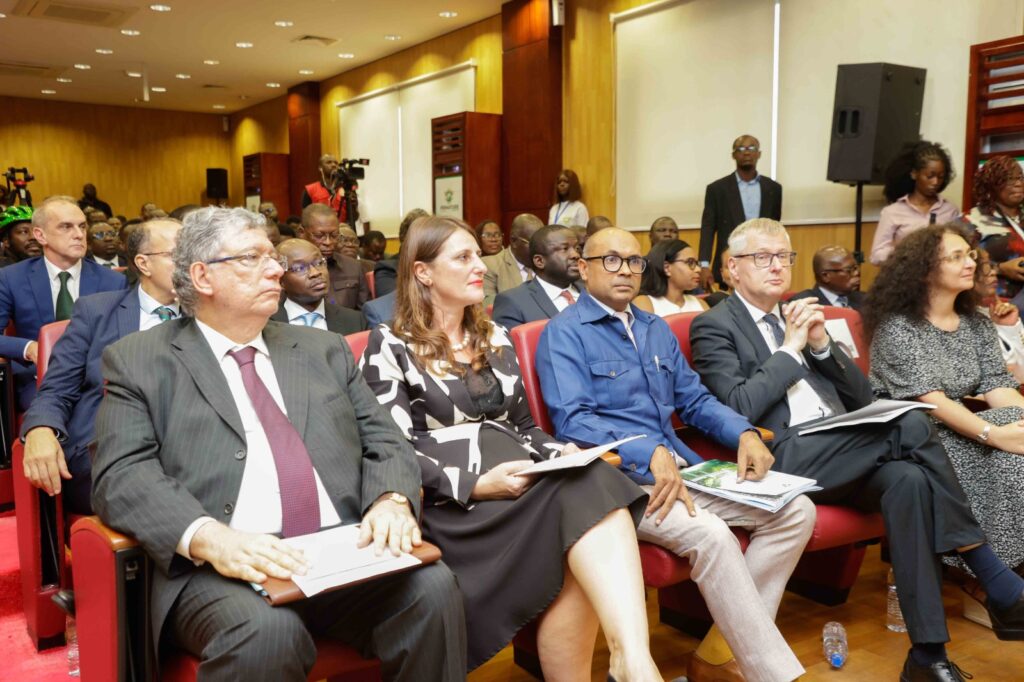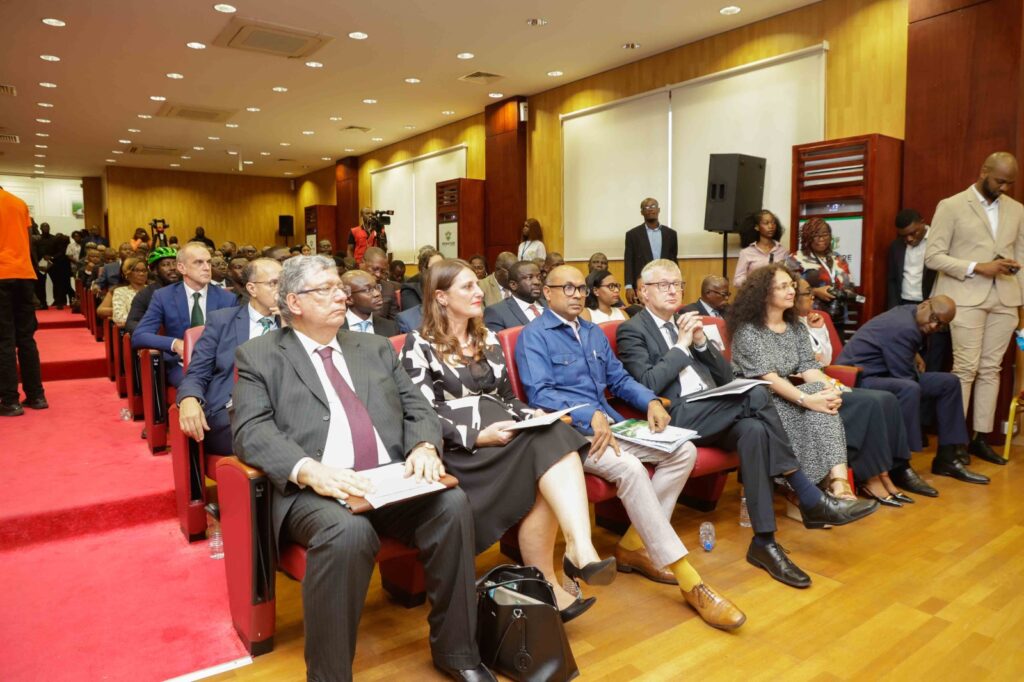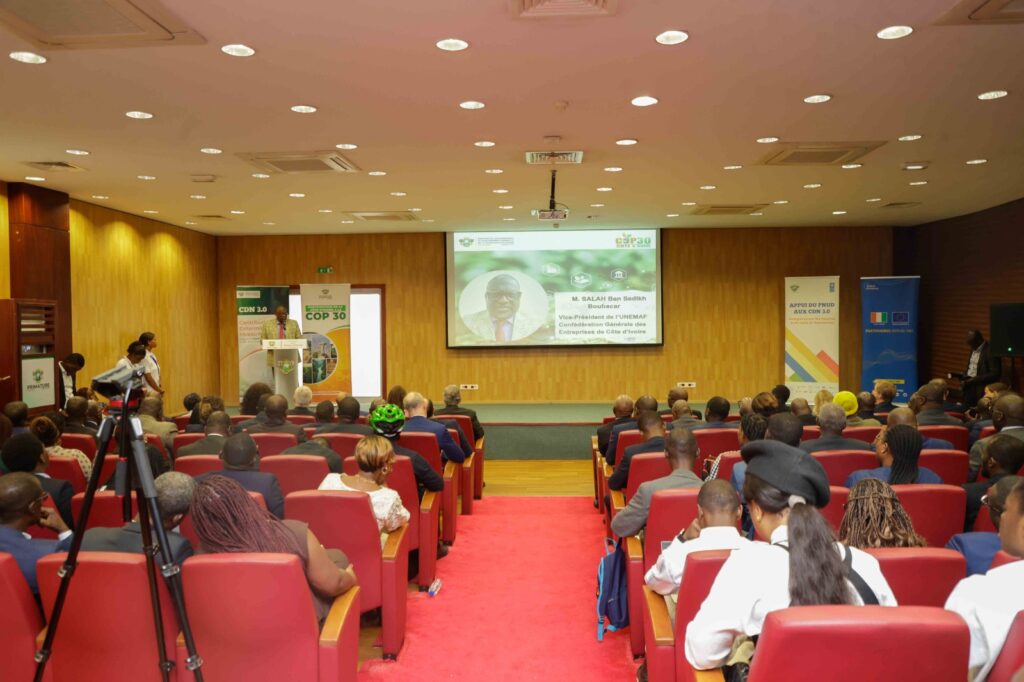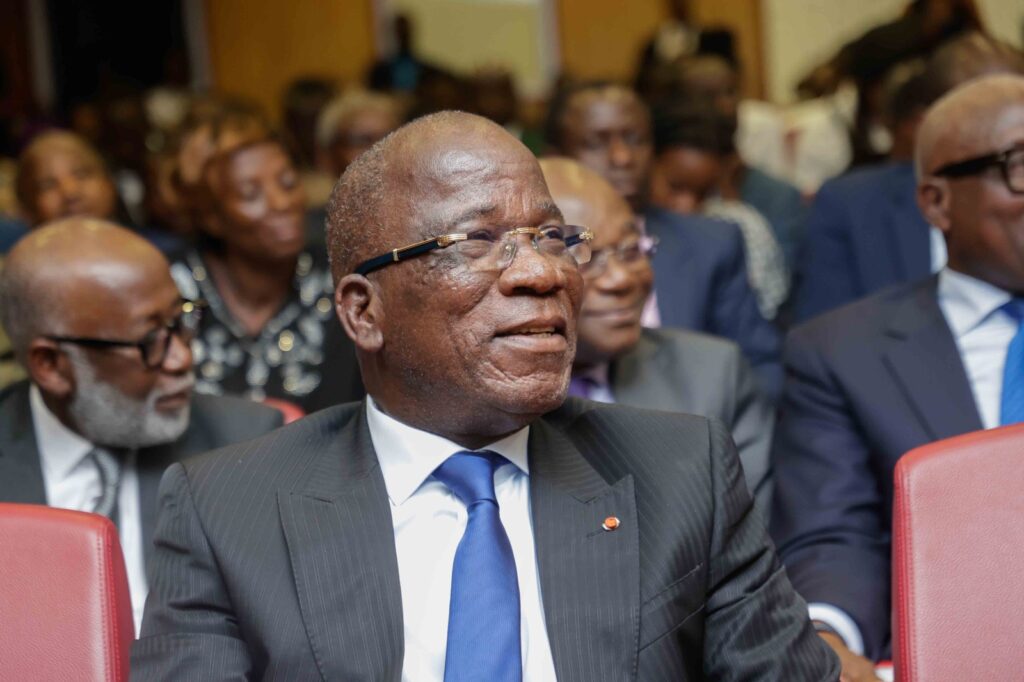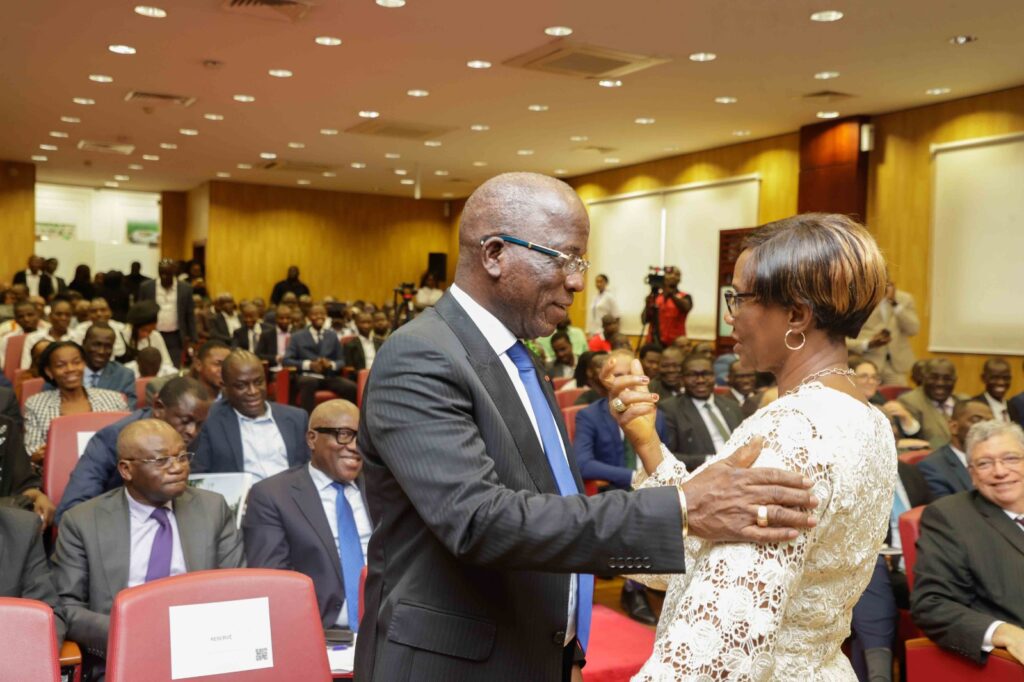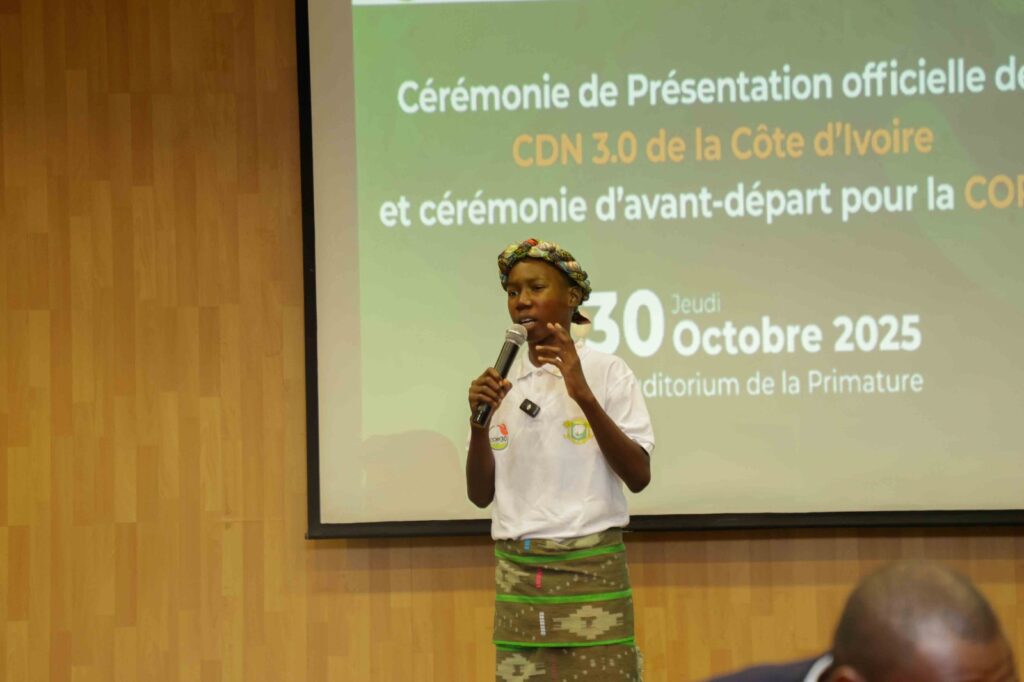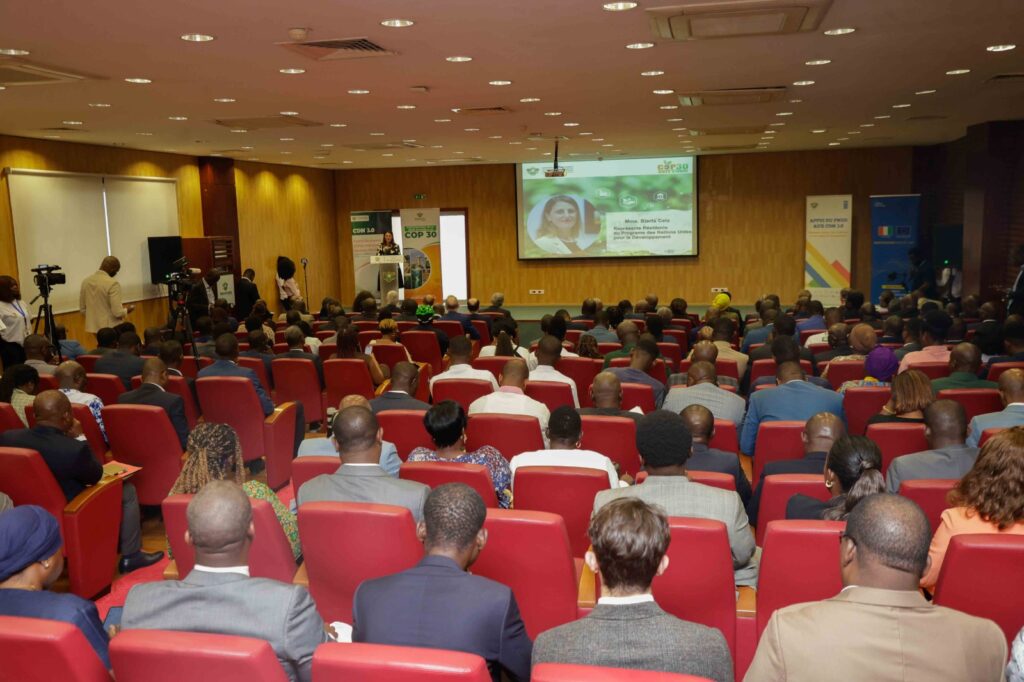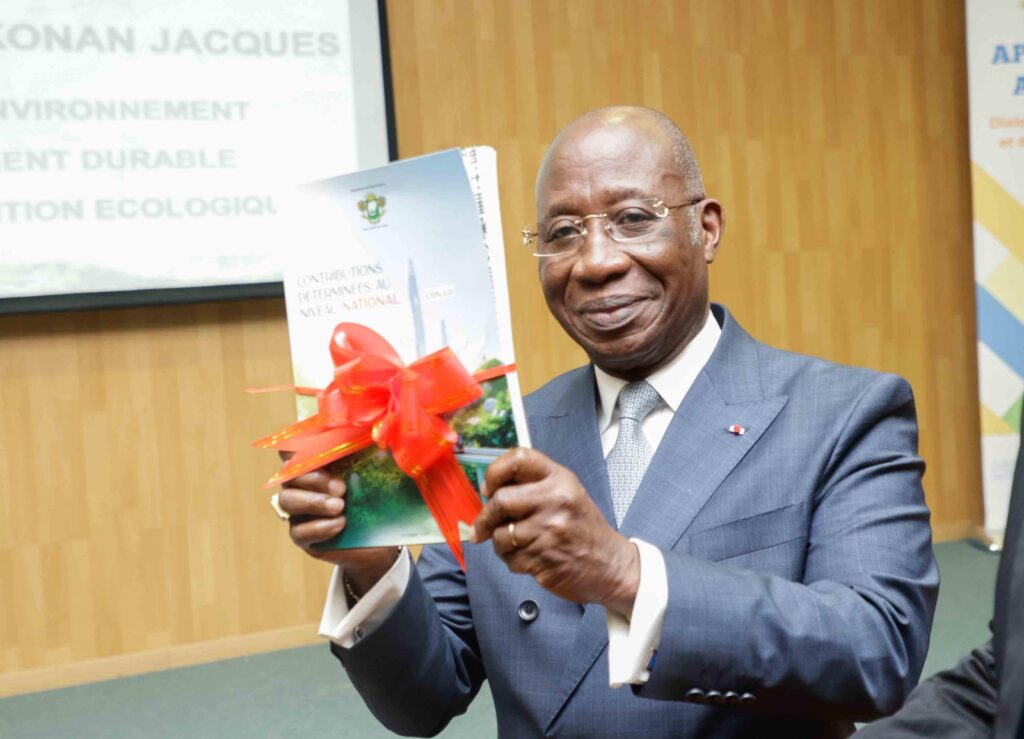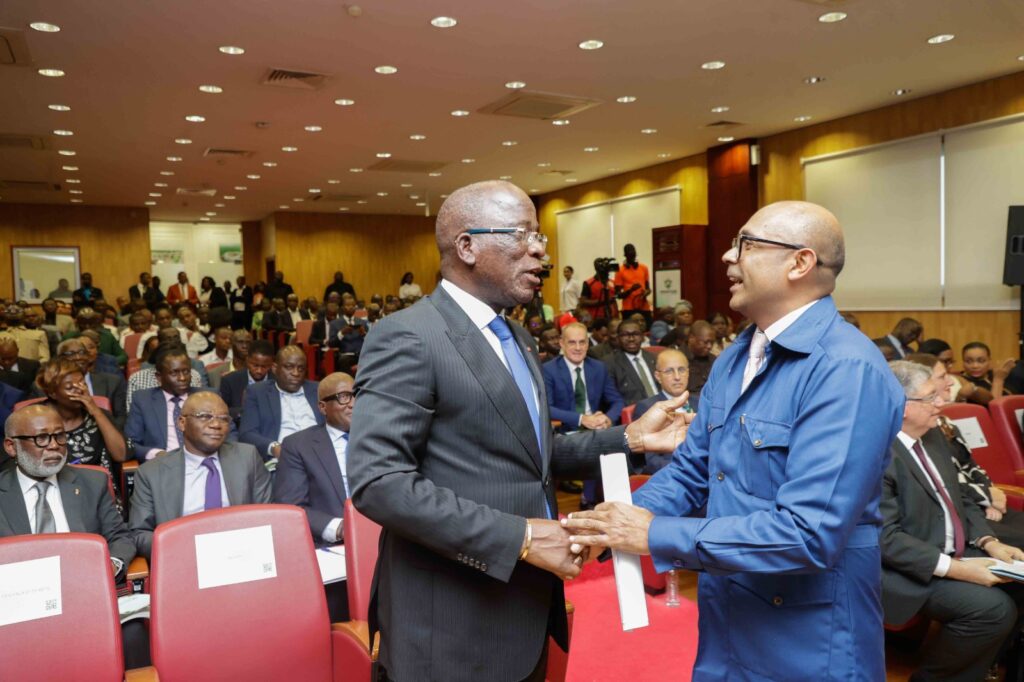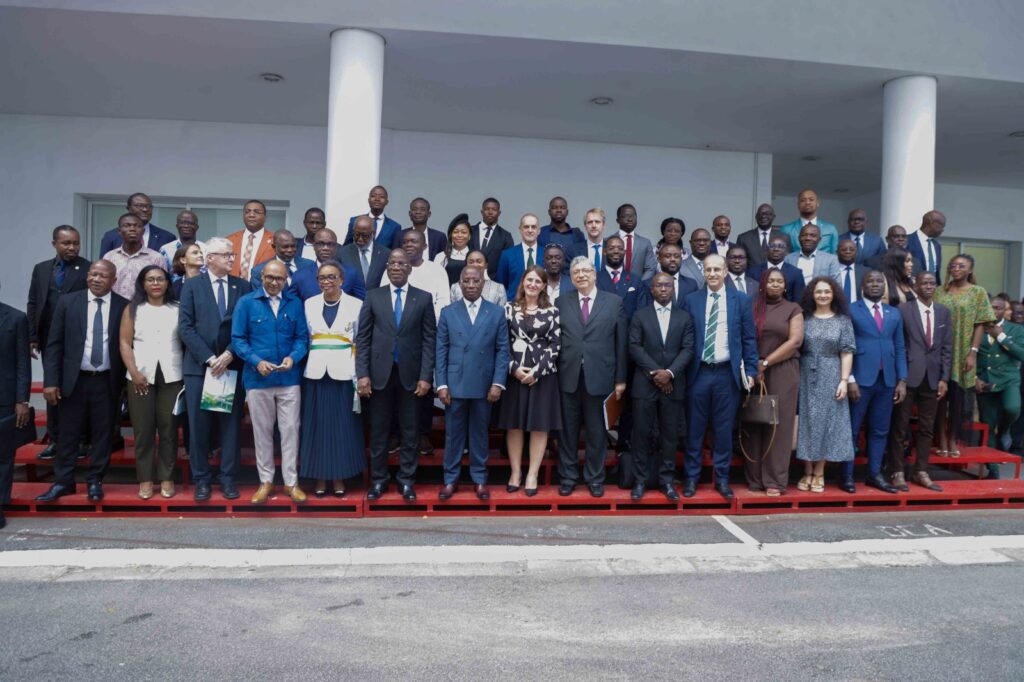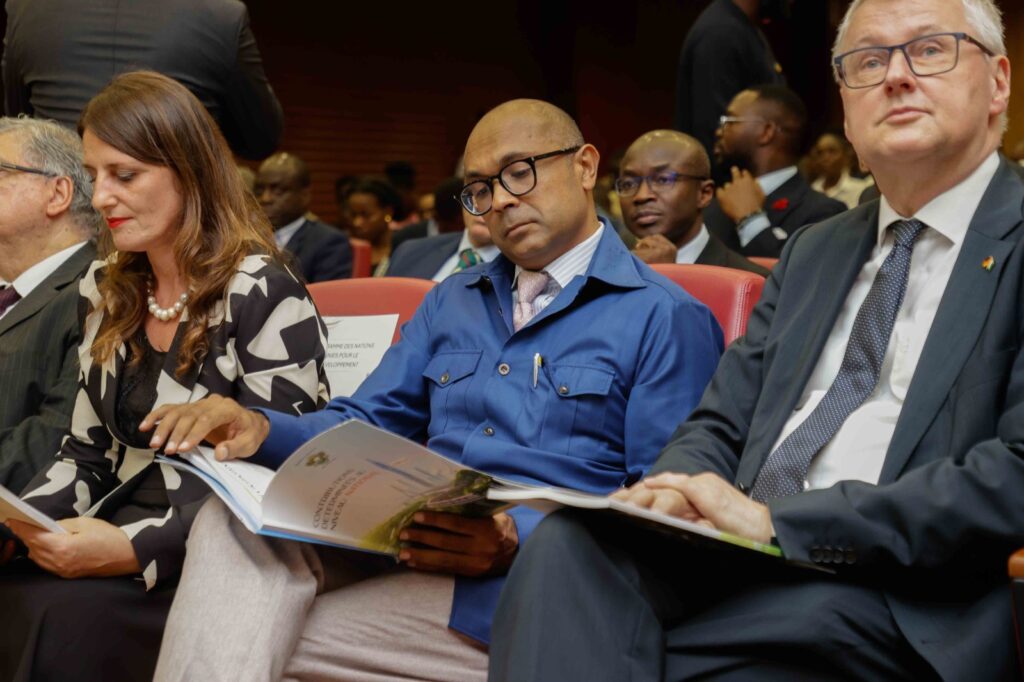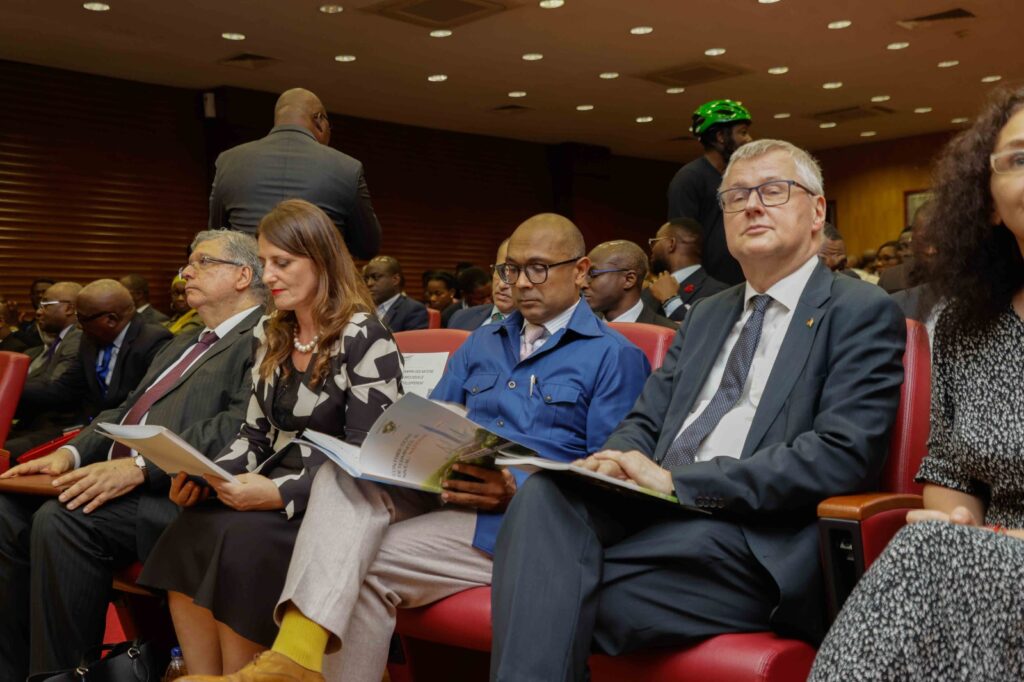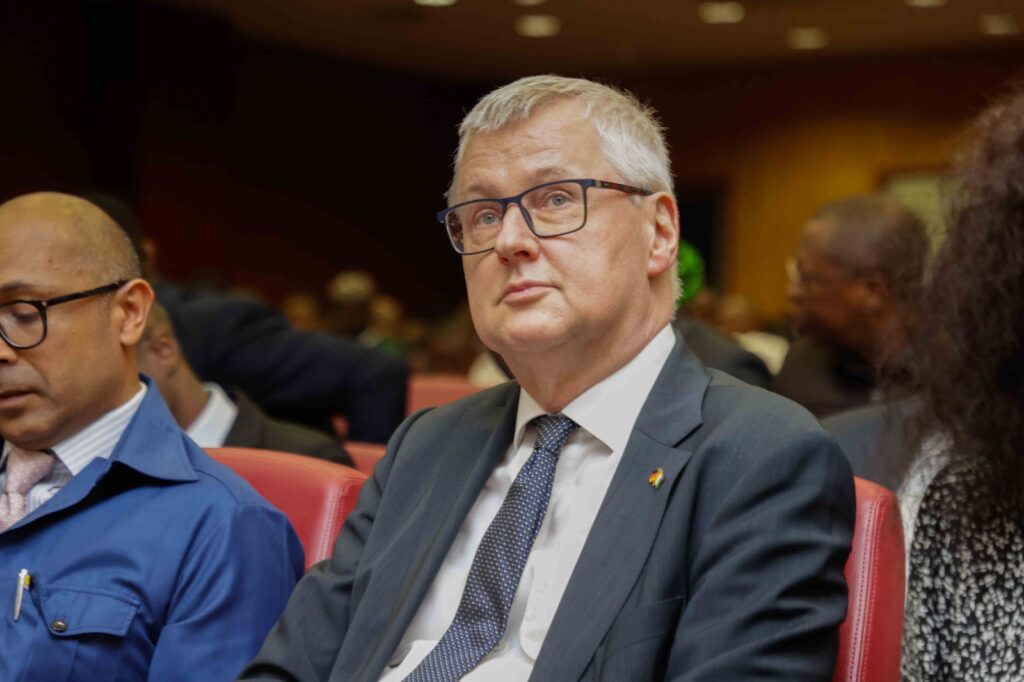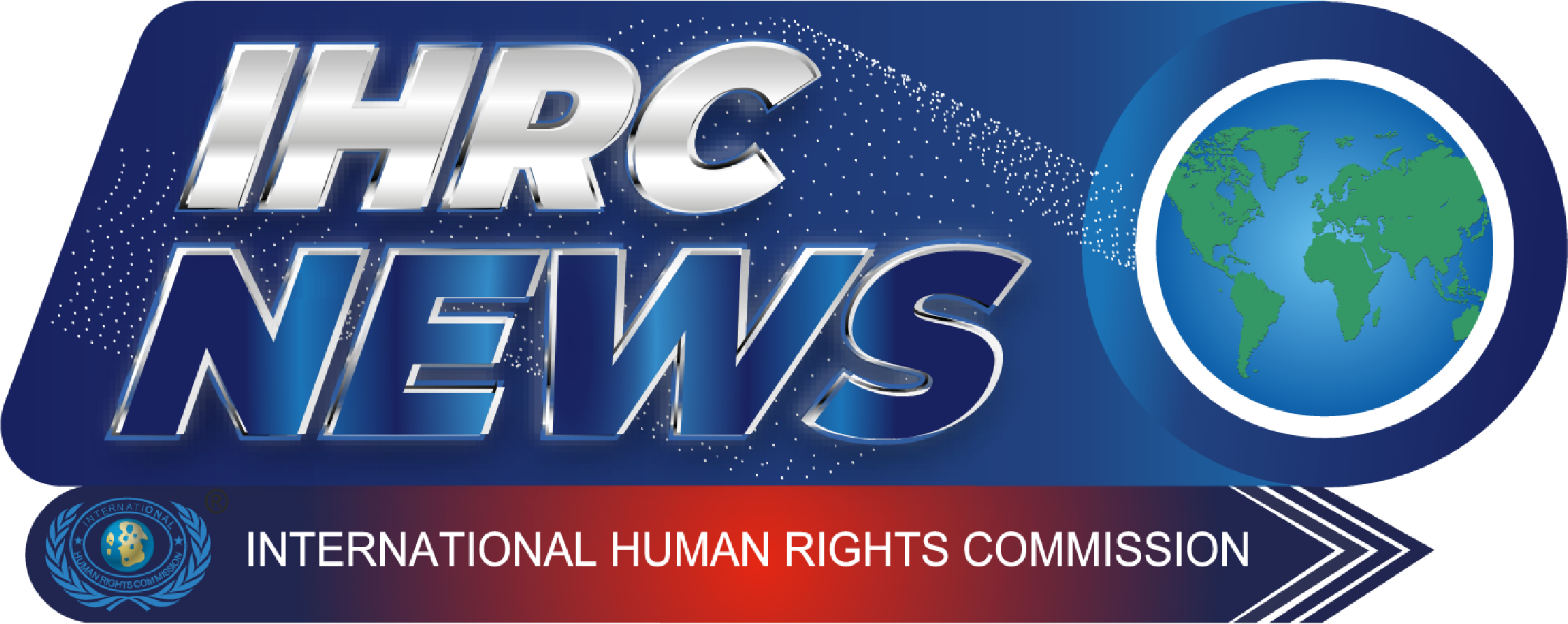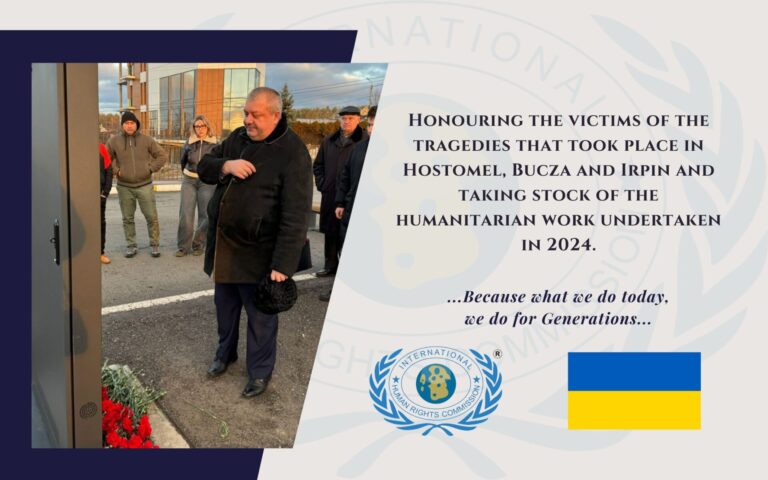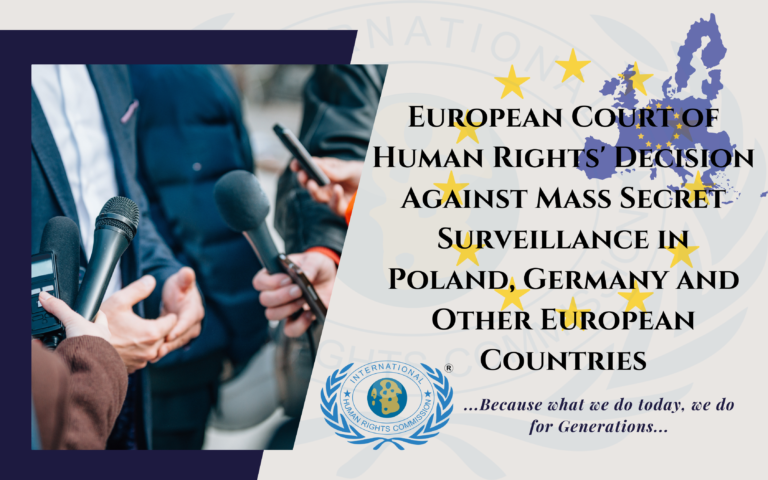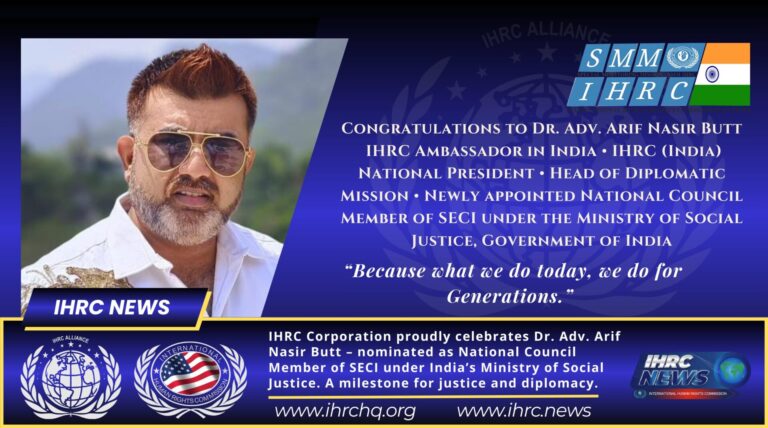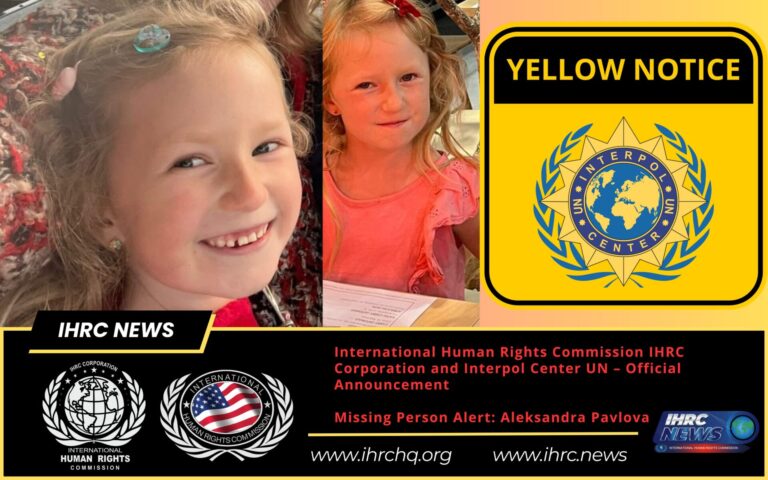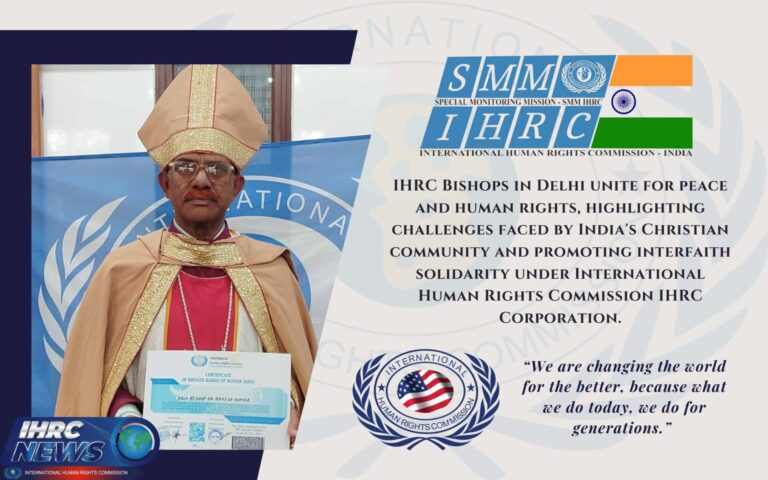Abidjan, October 30, 2025 – Auditorium of the Prime Minister’s Office, Republic of Côte d’Ivoire
An official ceremony was held in Abidjan for the presentation of the Nationally Determined Contribution (CDN 3.0) and the pre-departure event of the Ivorian delegation to COP30 in Belém, Brazil.
The event brought together government representatives, local authorities, academics, civil society organisations, private sector actors, and international partners.
It reaffirmed Côte d’Ivoire’s determination to advance global climate goals and sustainable development.
Among the participants were members of the International Human Rights Commission (IHRC Corporation), who actively support environmental protection, social solidarity, and human rights initiatives across the region.
The event was reported by Mr Vamara Fofana – IHRC Commissioner & Journalist (Côte d’Ivoire), representing the International Human Rights Commission during the ceremony.
An Integrated Approach to Climate Action
Following the welcoming remarks, speakers from key institutions and international organisations underlined Côte d’Ivoire’s integrated approach to climate governance and ecological transition.
Dr Éric Michel Assamoi, UNFCCC National Focal Point, presented the progress made in preparing Côte d’Ivoire’s participation at COP30.
He stressed the importance of ambition and tangible action, announcing that the national delegation, led by the Minister of Foreign Affairs, will operate a 100 m² national pavilion in Belém dedicated to climate and innovation projects.
Local Governments and the Private Sector as Pillars of CDN 3.0 Implementation
Mr. Gueu Dienot Gilles, Vice-President of ARDCI (San Pedro Zone), emphasised the need for coordinated local government action in implementing national climate policies.
He highlighted the public-private partnership model as a cornerstone of sustainable action and reaffirmed the commitment of local authorities to the national climate agenda.
Mr. Salah Ben Sedikh, Vice-President of UNEMAF and representative of the private sector (CGECI), underlined that private sector engagement must be concrete, measurable, and consistent with sustainability principles.
He called for the full implementation of Article 6.4 of the COP framework, ensuring the long-term credibility of international commitments, and urged collective mobilisation founded on responsibility and shared purpose.
Civil Society Engagement and Women’s Inclusion
Ms. Boussouf Bintou, representing civil society organisations (CSOs), praised the active participation of civil society and women in drafting the CDN 3.0 document.
She highlighted the integration of human rights and gender equality principles in the national strategy and advocated for fairer financial mechanisms between Northern and Southern countries, in line with global solidarity principles.
The Contribution of the International Community
Ms. Blerta Cela, UN Resident Representative in Côte d’Ivoire, reminded participants that Africa accounts for only 4% of global greenhouse gas emissions, yet suffers disproportionately from the effects of climate change.
She commended the country’s consistent progress since 2015 and described the CDN 3.0 as inclusive, transparent, and inspiring.
She also noted Côte d’Ivoire’s ambitious target to reduce emissions by 33.07% through domestic efforts and up to 74% with international support.
Partnerships with the European Union and Brazil
H.E. Ichard Razaaly, Ambassador of the European Union to Côte d’Ivoire, announced that the EU has invested €1.7 billion in low-carbon transitions and €150 million in reforestation initiatives.
He confirmed the forthcoming creation of a carbon market to reinforce green cooperation and commended Côte d’Ivoire’s leadership in climate diplomacy.
H.E. José Carlos de Araújo Leitão, Ambassador of Brazil, stated that COP30 will focus on human-centred policies, social protection, and the fight against hunger.
He indicated that Brazil’s declaration in Belém will centre on poverty reduction and international solidarity, reaffirming Brazil’s readiness to host the event in an ecological and symbolic spirit.
Three Strategic Pillars: Investment, Transparency, and Communication
Minister of Environment and Ecological Transition, Mr. Assouahoré, recalled that the CDN is revised every five years in line with international commitments.
He outlined the three strategic pillars of CDN 3.0:
- the Investment Plan,
- the Transparency Framework,
- and the Communication Strategy.
He emphasised that success will depend on the active participation of all national stakeholders – government, private sector, academia, and civil society.
The Minister of Foreign Affairs, head of the Ivorian delegation to COP30, expressed confidence in the country’s preparations and praised the leadership of the Minister of Environment, reaffirming that the government will vigorously defend national climate priorities on the international stage.
A Shared Commitment to the Future
The ceremony concluded with the official handover of the CDN 3.0 document and a group photo with technical and financial partners, symbolising the shared responsibility for a resilient and sustainable future.
Côte d’Ivoire reaffirmed its readiness to play an active role at COP30, standing as a leading example of regional cooperation and sustainable transformation in West Africa.
Article prepared by:
Vamara Fofana – IHRC Commissioner & Journalist (Côte d’Ivoire)
